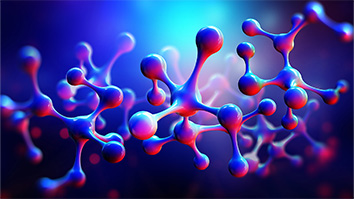Citation
Tsunematsu T, Ueno T, Tabuchi S, Inutsuka A, Tanaka KF, Kilduff TS, Terao A, Yamanaka A (2014). Optogenetic Manipulation of Activity and Temporally Controlled Cell-Specific Ablation Reveal a Role for MCH Neurons in Sleep/Wake Regulation. J. Neurosci. 34 :6896-909.
Abstract
Melanin-concentrating hormone (MCH) is a neuropeptide produced in neurons sparsely distributed in the lateral hypothalamic area. Recent studies have reported that MCH neurons are active during rapid eye movement (REM) sleep, but their physiological role in the regulation of sleep/wakefulness is not fully understood. To determine the physiological role of MCH neurons, newly developed transgenic mouse strains that enable manipulation of the activity and fate of MCH neurons in vivo were generated using the recently developed knockin-mediated enhanced gene expression by improved tetracycline-controlled gene induction system. The activity of these cells was controlled by optogenetics by expressing channelrhodopsin2 (E123T/T159C) or archaerhodopsin-T in MCH neurons. Acute optogenetic activation of MCH neurons at 10 Hz induced transitions from non-REM (NREM) to REM sleep and increased REM sleep time in conjunction with decreased NREM sleep. Activation of MCH neurons while mice were in NREM sleep induced REM sleep, but activation during wakefulness was ineffective. Acute optogenetic silencing of MCH neurons using archaerhodopsin-T had no effect on any vigilance states. Temporally controlled ablation of MCH neurons by cell-specific expression of diphtheria toxin A increased wakefulness and decreased NREM sleep duration without affecting REM sleep. Together, these results indicate that acute activation of MCH neurons is sufficient, but not necessary, to trigger the transition from NREM to REM sleep and that MCH neurons also play a role in the initiation and maintenance of NREM sleep.
Keywords: ablation; cell fate; channelrhodopsin2; hypothalamus; optogenetics; REM sleep


